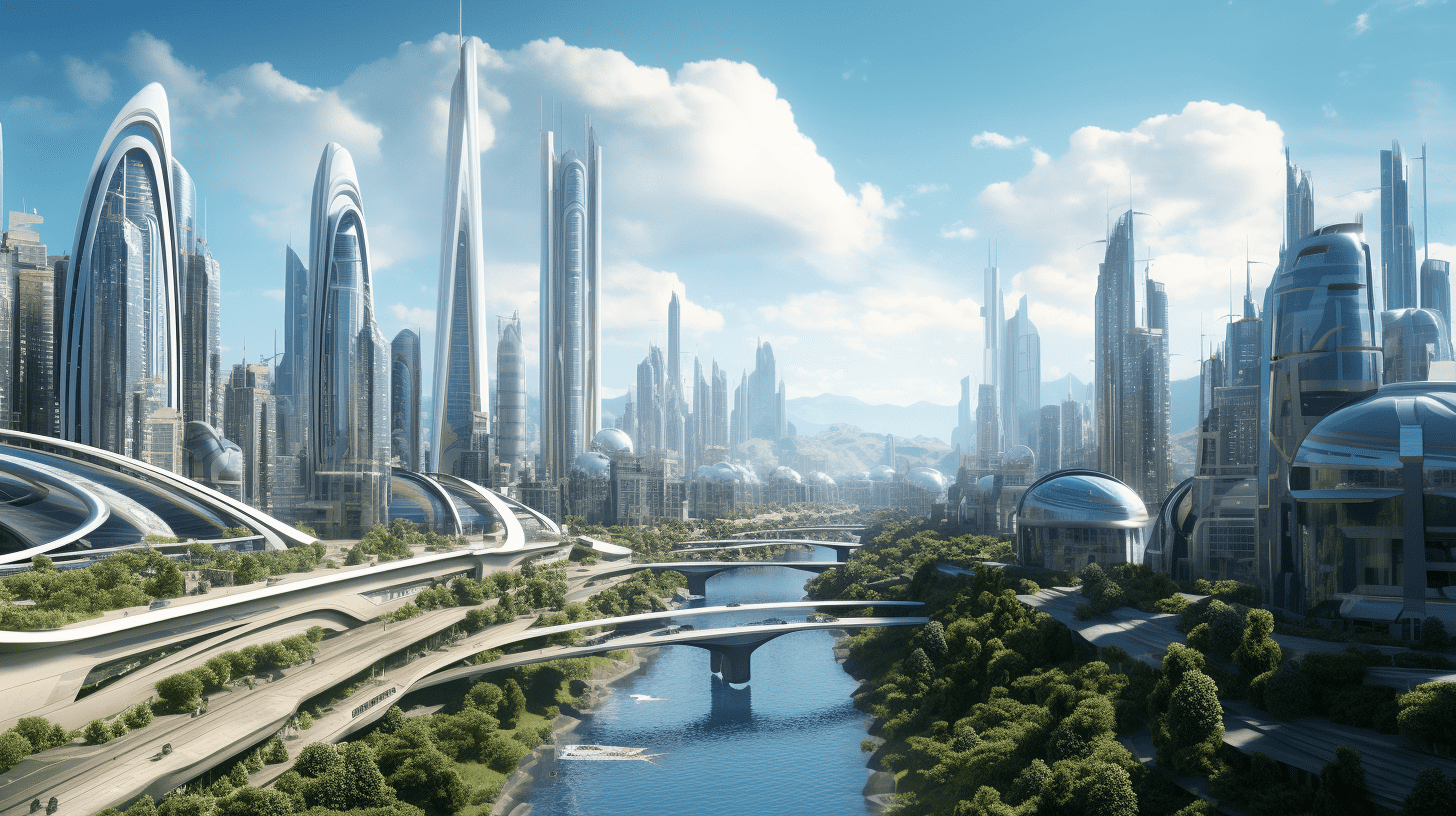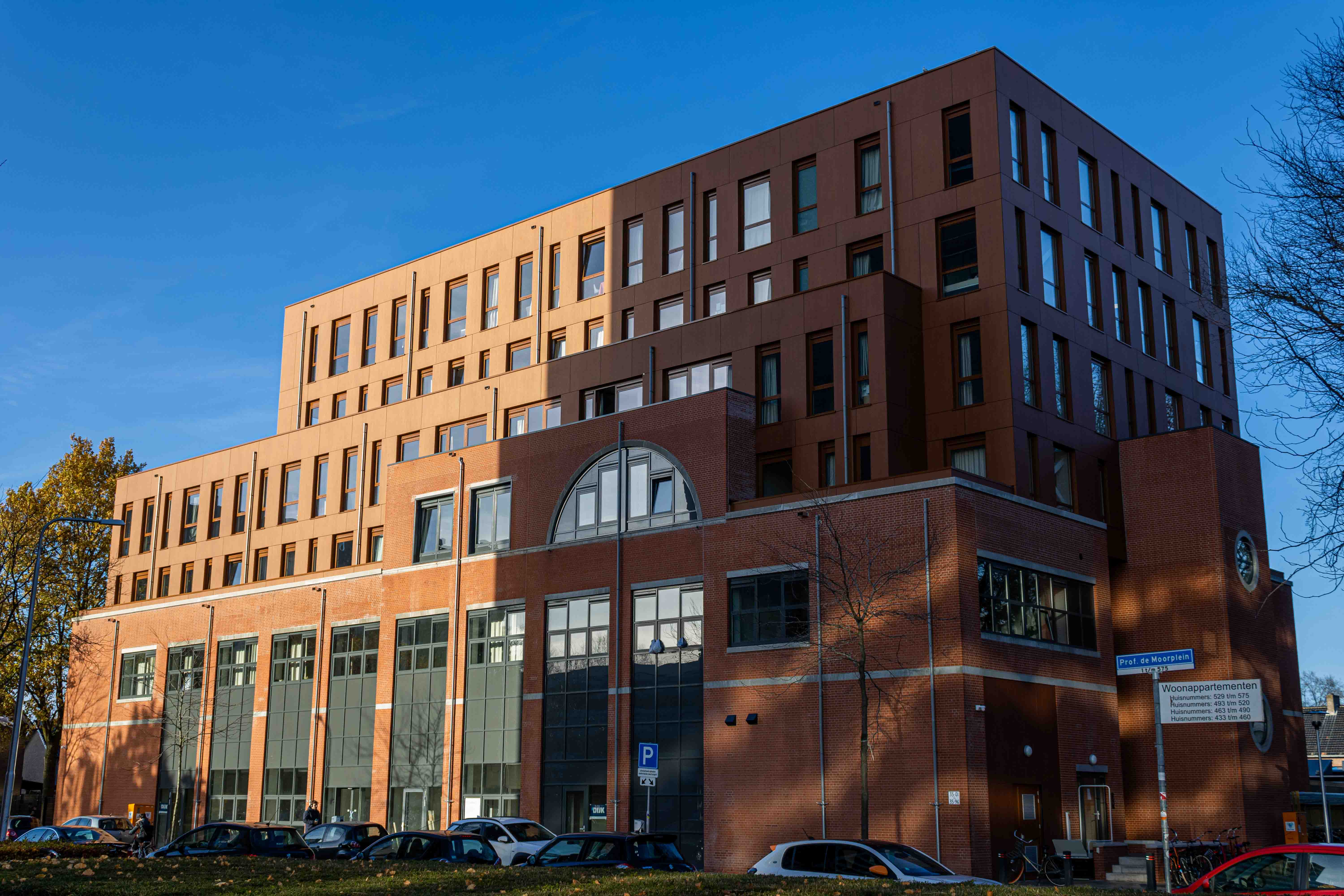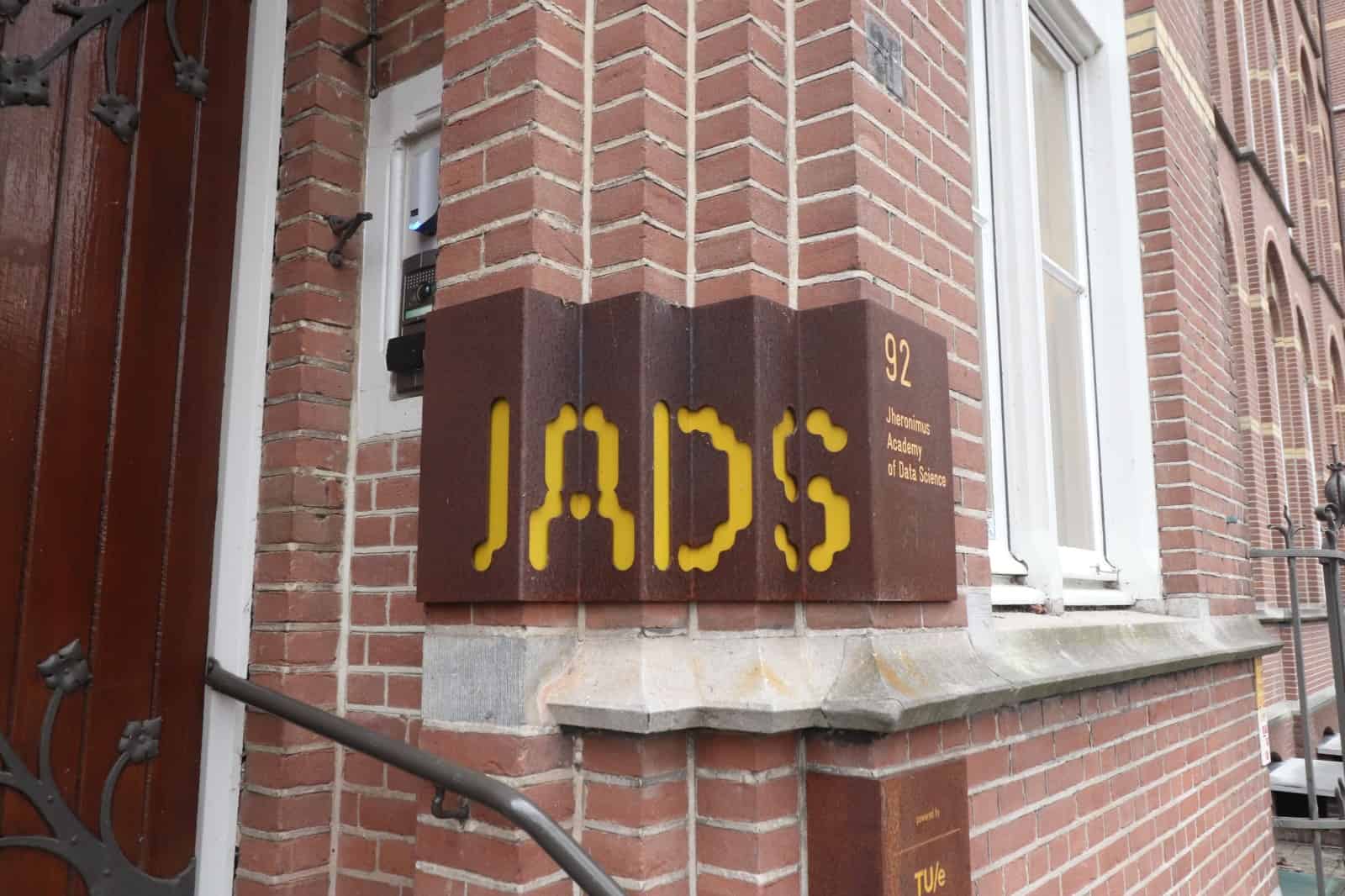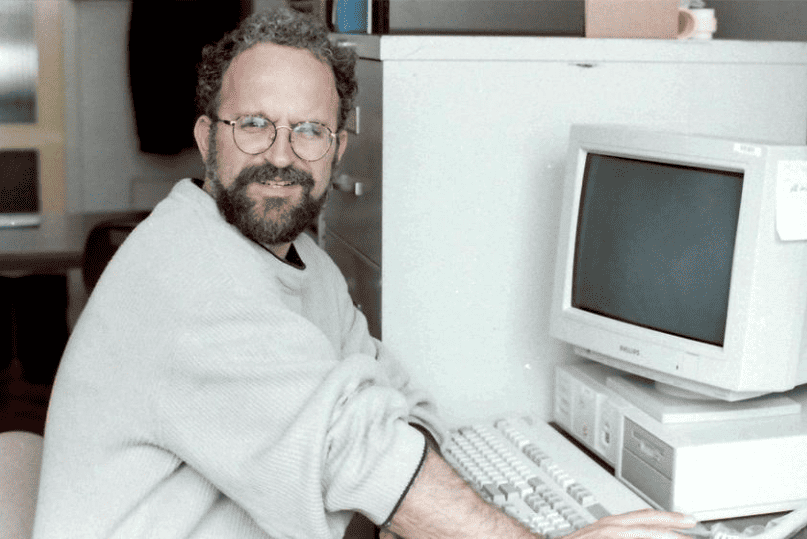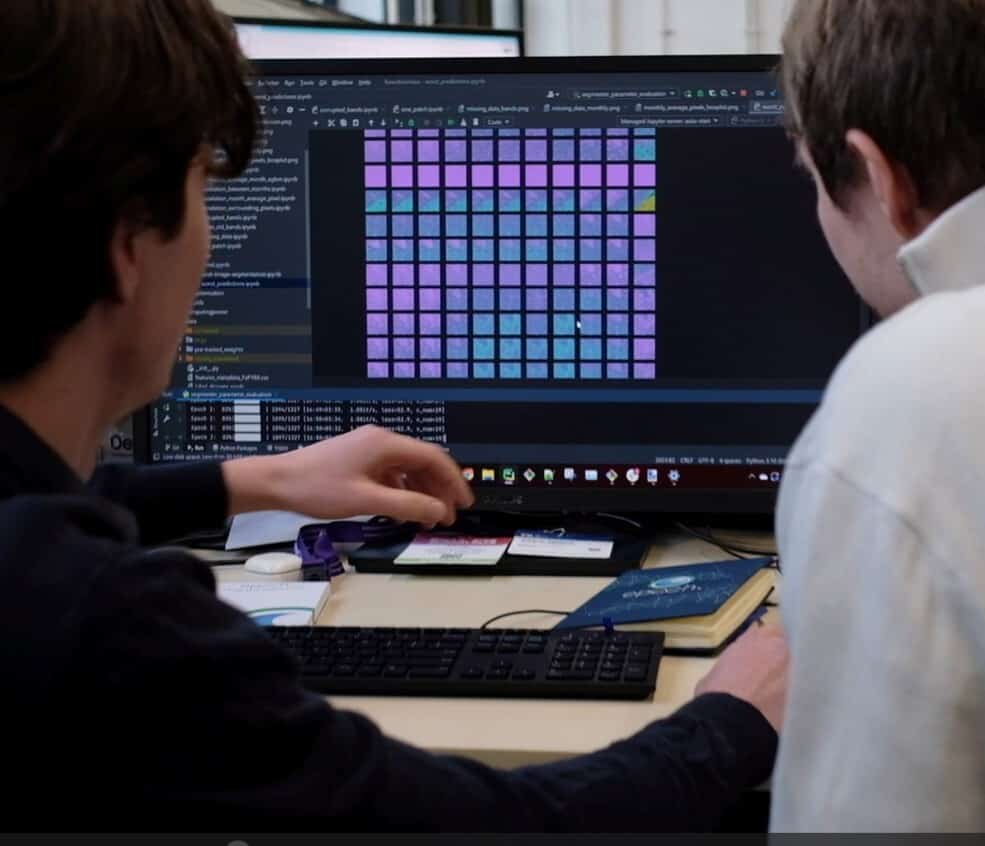
AI may just become the brains of evil robots taking over the world. That thought came up regularly in recent months after the significant developments in AI, including concerning ChatGPT. But AI is so much more than that. That is what the members of Dream Team Epoch at Delft University of Technology are convinced of. They see that AI can positively impact the world and that the technology can contribute to meeting the Sustainable Development Goals of the United Nations (UN). Current developments certainly have a part to play in this, but we are far from there. “To make the earth sustainable, much more is needed than ChatGPT,” states Laura van der Hart, team manager of Epoch.
The team, consisting of ten students, competes in various AI competitions that fit within the UN’s sustainability goals. Such a competition is organized by, for example, governments, companies, or charities. The host of a competition runs into a problem for which AI could provide a solution. Teams of, for example, students, engineers, or research groups from knowledge institutions can register to participate in the competition. They will then build their algorithm to solve the host’s problem.
Insightful Innovators
This story is part of the “Insightful Innovators” series, an initiative of the 4TU.Federation and Innovation Origins. Here you can read the stories of enterprising students at four Dutch technical universities and their ambition to make the world a little nicer. They are a driving force behind innovation in the Netherlands.
Read previous episodes here.
Storing green power
For example, students on team Epoch worked on an algorithm to ensure the best possible balance between charging and discharging future home batteries. We increasingly use renewable energy sources like wind turbines or solar panels. When the sun shines or the wind blows, there is a lot of power, but when there is little sun or wind, there is a power shortage. In the future, you can store the generated green energy in your neighborhood or garden; that way, you can use renewable power later. Weather conditions are essential to set this up as optimally as possible, but also energy prices, the load on the energy grid, and consumer behavior. “We have built an algorithm to combine these factors as well as possible,” says Philip Tempelman, chief engineer at Epoch.
“In this way, we want to ensure that households consume and store as much green power as possible. That’s good for CO2 emissions, and it’s also cheaper,” he continues. With various factors considered, such calculations are impossible for a human brain. “Software can handle this, but ordinary software (according to the if/then principle) is insufficient. This is because the factors, for example, consumer behavior, also change constantly. That makes it extra difficult. An AI is self-learning. Therefore the algorithm can respond to this and continue to ensure the best result,” Tempelman explains.

One task
“Everything we do for a competition is open source; other people can see that in there and use the information to build on,” says the chief engineer. A Dream Team is a group of students who commit to a particular cause for a year outside their studies. The students can experiment with AI without scientific or commercial goals, and the students’ technological development and personal development are always paramount.
Team manager Van der Hart continued, “We would like to show what else can be done with AI in addition to the parts in the news now, such as ChatGPT. What has been put into practice now is only a small part of AI’s potential. Right now, we are mostly looking at AI for a particular task. ChatGPT is good at text-related things but not, for example, at the applications we investigate. Then again, you need other elements for that.”
The all-rounder
Eventually, those components could come together to form one effective system. That often gives one a hopeful and frightening feeling at the same time. “How exactly that will work, we don’t know now. More research is needed for that, as well as ethical frameworks. ChatGPT is just the tip of the iceberg; most of the potential of AI is still underwater,” Van der Hart says.
She adds: “In any case, we want to show that AI can work with you instead of against you.” The Epoch will participate in one of the following competitions: converting sign language to text. That could broaden the communication capabilities of the deaf and hard of hearing. Tempelman: “Not all goals are about sustainability; health is also an important theme for the UN.”
Improving the world
The variety of applications and possibilities motivates students to use AI in a good way for society. The chief engineer concludes, “There is a lot of data; more and more things are being measured and mapped. But often, we leave it to do something good with this. We want to use the data to solve big social problems and make the world better. In that, AI has an important role to play.”



